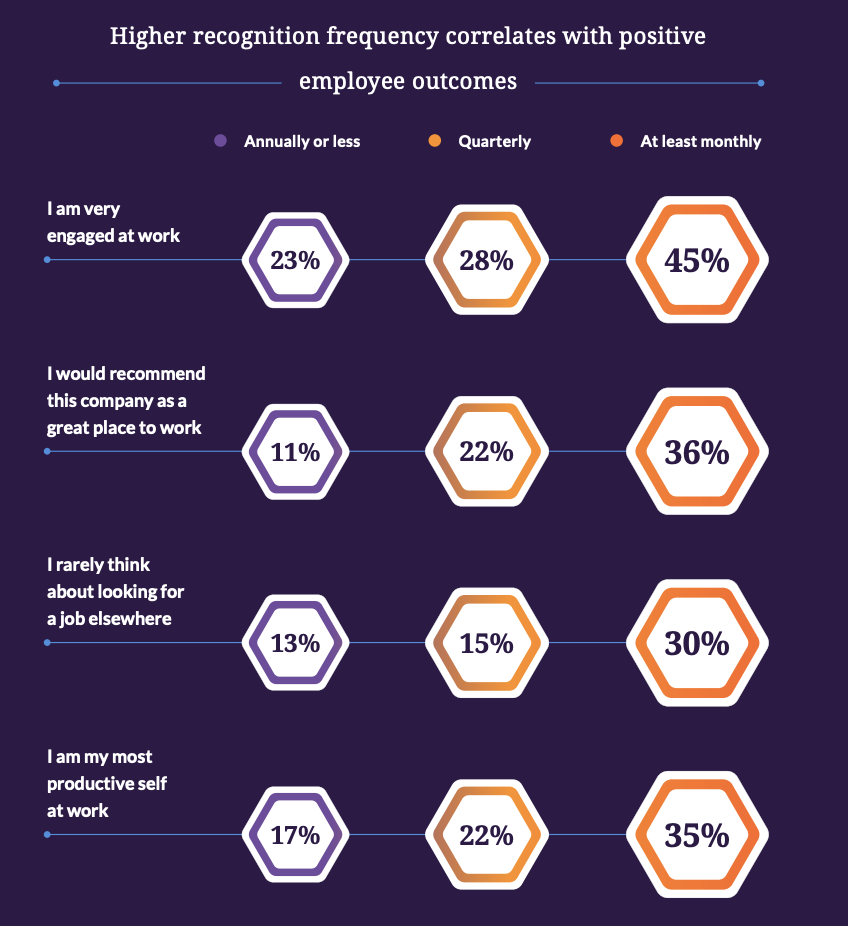
New report sheds light on issues surrounding recognition programmes

The number of "shadow contributors" in the workplace has nearly doubled in the last two years, prompting concerns about how HR leaders manage their recognition programmes in their organisations.
Shadow contributors are employees who have never been recognised in the workplace, according to the Achievers Workforce Institute (AWI), and its 2024 State of Recognition report revealed that their numbers went up to 17% in 2024, compared to 10% in 2022.
Caitlin Nobes, head of Workforce Research and Content at AWI, said it's "truly troubling" that shadow contributors are going up.
"Recognition is not just about celebrating a few star players. It's even more critical that unseen talent receives kudos for their work," Nobes said in a statement.
The importance of recognising employees is underscored in the report as it pointed out that "higher recognition frequency correlates with positive employee outcomes."
According to the report, 45% of employees who get recognised at least monthly feel very engaged at work, much higher than the percentage who get recognised quarterly (28%) and annually or less (23%).
Those who recognised at least monthly are also most likely to say they're productive and would recommend the organisation as a great place to work. They are also less likely to think of opportunities outside the organisation.
"What gets recognised gets repeated, and organisations must start treating their recognition programs for what they are – powerful positive reinforcement strategies," Nobes said.

Source: Achievers
The findings come as the report noted that many HR leaders are treating recognition in a "silo," instead of aligning them with business objectives. According to the report, 63% of HR leaders will hike spending for their rewards and recognition programme, despite 40% not getting any business results from them.
"It's fantastic to learn that many companies are increasing their recognition spending, but big budgets don't necessarily inspire big miracles; great strategies do," said Hannah Yardley, Chief People and Culture Officer at Achievers, in a statement.
According to Yardley, this recognition knowledge gap must be closed.
"HR pros: if your recognition budget is robust but you're not seeing business benefits, reset your programme. To do so, identify your business objectives, align recognition with them, and then measure the impact," Yardley said.
"And be sure to reduce friction where you can — opt for low-monetary and social recognition and integrate your platform with tools you and your employees use daily."
Achievers' 2024 State of Recognition report surveyed 3,600 employees and 1,390 HR leaders.